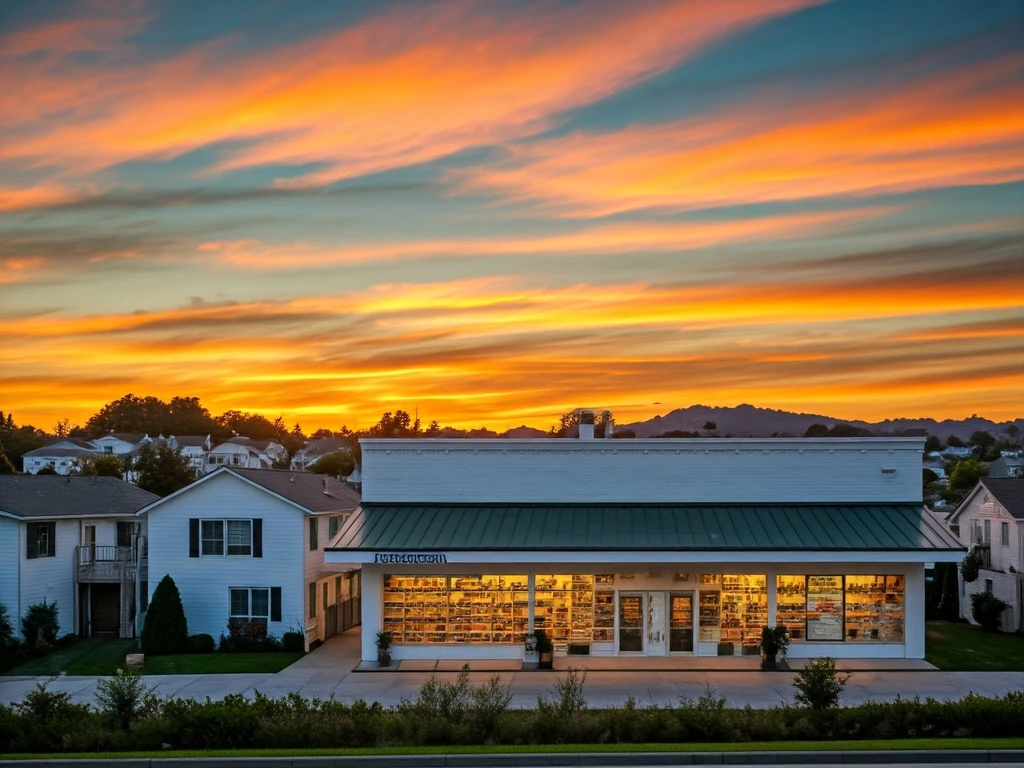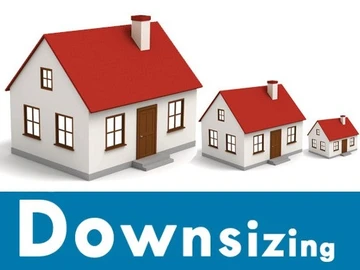When it comes to buying or selling a home in Zimbabwe, various factors can influence property values. One significant yet often overlooked factor is the proximity of grocery stores and supermarkets. In this article, we’ll explore how grocery stores can impact home values, supported by relevant statistics and insights into the Zimbabwean real estate market.
The Importance of Accessibility
1. Convenience and Demand
Grocery stores are essential amenities that enhance the convenience of living in a neighborhood. A study conducted by Property.co.zw found that 72% of homebuyers in urban areas like Harare and Bulawayo consider access to grocery stores as a key factor when choosing a location. Homes located within walking distance to grocery stores are often more desirable, making them more attractive to buyers.
2. Impact on Property Values
Research indicates that homes situated near grocery stores typically see an increase in property values. According to a report from the Zimbabwe National Statistical Agency, properties located within 1 kilometer of major grocery retailers tend to appreciate faster than those located further away. In urban settings, this can result in property values increasing by 5% to 10% over time.
Grocery Store Density and Neighborhood Development
1. Growing Neighborhoods
As neighborhoods develop and grow, the presence of grocery stores plays a vital role in attracting new residents. For example, suburbs in Harare such as Borrowdale and Mount Pleasant have seen a rise in property values due to new grocery outlets opening in the area. The average home price in these neighborhoods has increased by 15% in the past year, largely attributed to the convenience of nearby amenities.
2. Economic Stability
The establishment of grocery stores in an area often signals economic growth and stability. This can lead to increased demand for housing in the vicinity. For instance, areas experiencing new supermarket chains, such as OK Zimbabwe and Pick n Pay, have noted an uptick in property inquiries and transactions, as buyers are drawn to the perceived stability and growth prospects of these neighborhoods.
Factors Influencing Value Increase
1. Quality of Grocery Stores
The type of grocery store also matters. High-quality, well-known retailers can have a more significant positive impact on property values compared to smaller, less reputable stores. For example, homes near popular grocery chains in urban centers, like Harare, tend to attract higher prices.
2. Community Engagement
Grocery stores that engage with the community through local events, promotions, and partnerships can further enhance neighborhood desirability. For instance, stores that support local farmers or contribute to community development can create a positive perception, which may lead to increased property values in the surrounding area.
3. Location Matters
Not all grocery stores have the same effect on property values. Stores located in high-traffic areas with good visibility and accessibility can drive more foot traffic, making nearby homes more appealing. Conversely, grocery stores in less accessible areas may not have the same positive effect on property values.
Conclusion
Grocery stores can significantly affect home values in Zimbabwe, especially in urban neighborhoods. Proximity to these essential amenities enhances convenience and contributes to the overall desirability of an area. Properties located near grocery stores often see increased demand and appreciation in value, making them an important consideration for both buyers and sellers.
As a homeowner or potential buyer, being aware of the impact grocery stores have on property values can inform your decisions in the real estate market. Whether you’re looking for houses for sale in Harare or Bulawayo, understanding these dynamics can help you make informed choices.
For more insights into how local amenities can affect property values, visit property.co.zw, your trusted resource for real estate in Zimbabwe.
 Continue with Facebook
Continue with Facebook
 Continue with Email
Continue with Email














